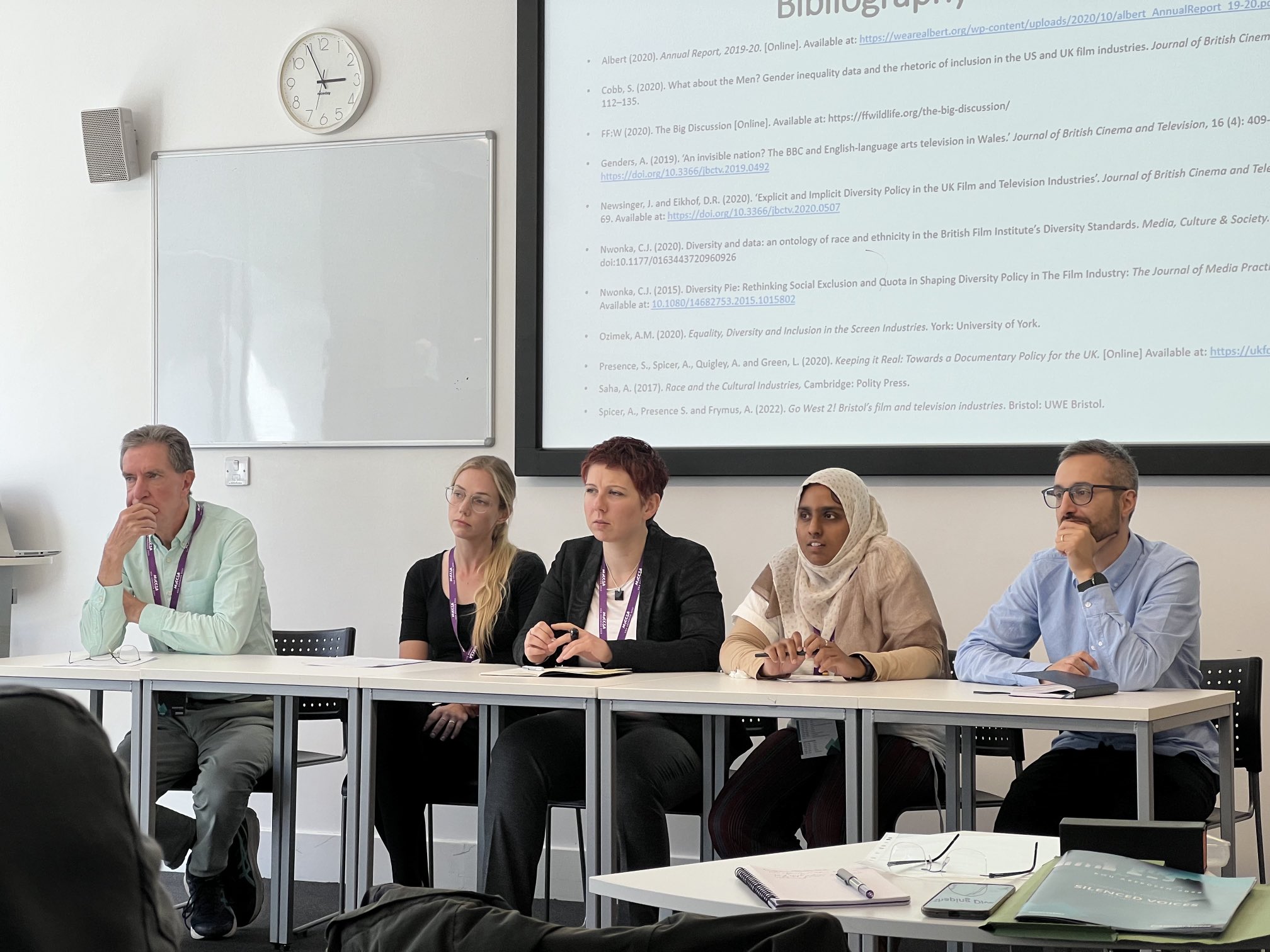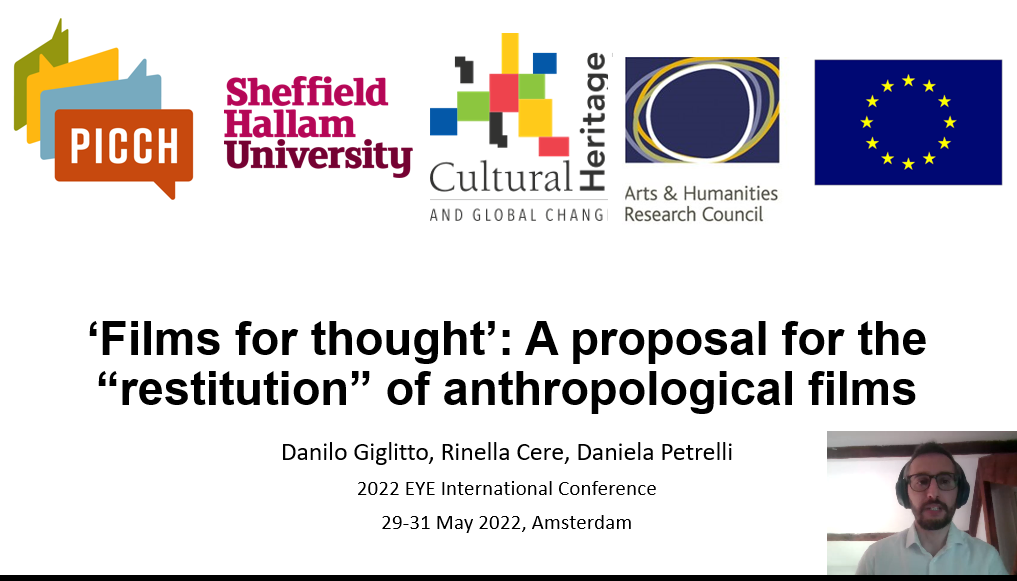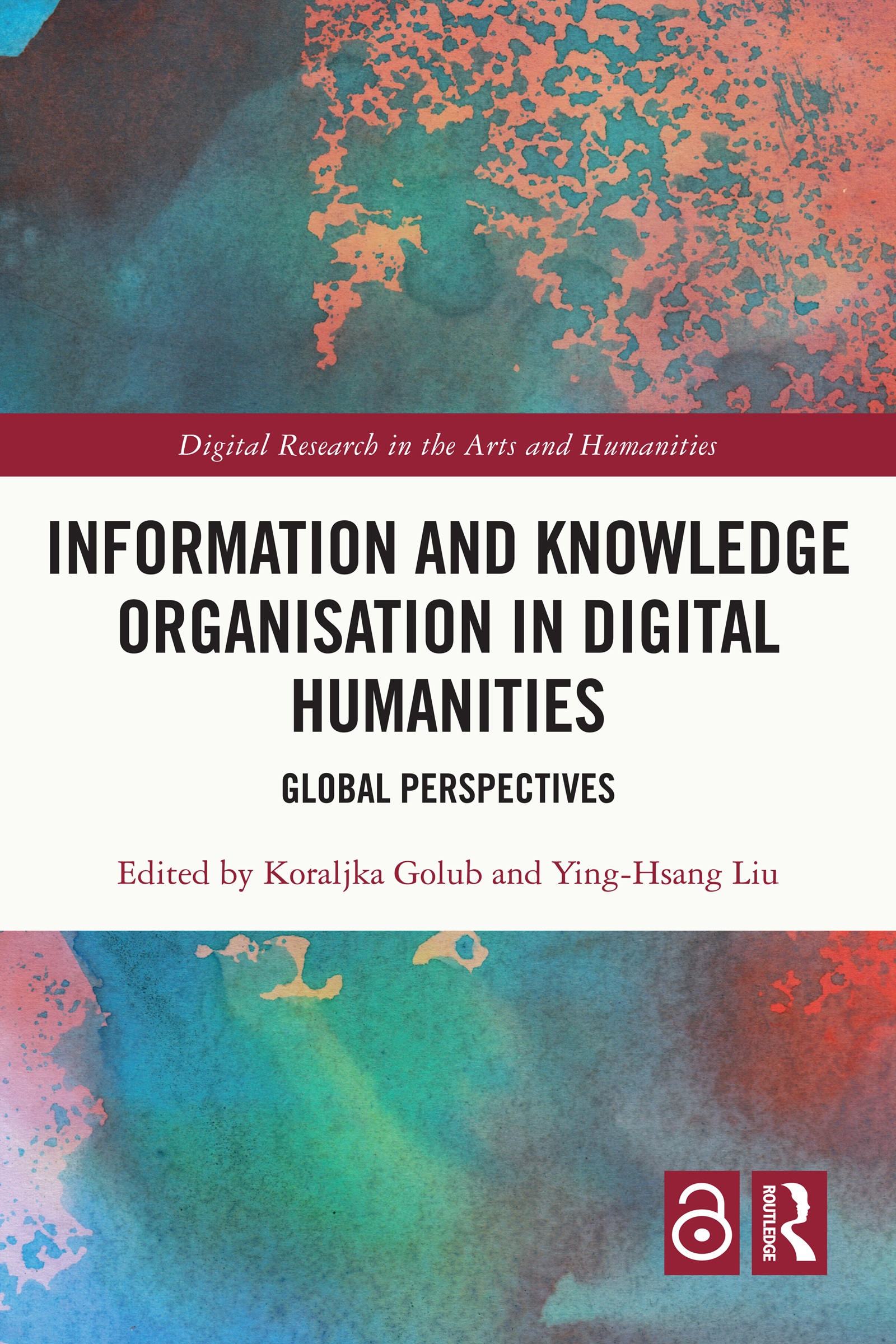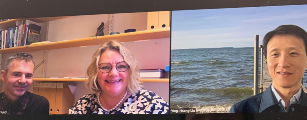NEWS
2023
January
Call for papers: “Heritage, Community, Archives: Methods, Case Studies, Collaboration” conference, Sheffield Hallam University
Sheffield, 12–13 June 2023
Keynotes: to be confirmed
An ‘archival turn’ is underway, in which archives, archival methods, and archival practice are being interrogated, with dominant approaches and traditions being challenged and revised. The nature and the materiality of archives are being brought to the fore to question the ways in which archives are preserved, curated, and used. This turn coincides with the use of heritage-making, the ‘civic agenda’, and ‘community partnership’ as cornerstones of the regeneration of cities and of the cultural strategies of universities and other institutions in the UK and elsewhere. At the same time, the production of history, what stories are told, and who has been left out have rightly been challenged. And archives and archival research are increasingly integral to multiple disciplines, raising the potential for radical, interdisciplinary collaborations. This conference poses the following questions:
- What is the role of archives, archives creation, and archival collaboration in the process of heritage, history, and community?
- Whose archives have been preserved? What and whose archives are missing?
- How can archivists and researchers in humanities and archival studies engage in a dialogue and constructive work to make liberatory, emancipatory, and community/people-driven archives and histories?
- How can archives and archival research be used for activist and social justice work and for radical heritage-making?
At a time when wider history, culture, and society are being challenged via issues of race, gender, sexuality, class, and power, archives and archival praxis are similarly being reframed to question the role of archives in the stories we tell about people, communities, events, and the past and just whose story is the one being told and who has the ‘right’ to tell it. In archival studies, critical archival approaches have increasingly been adopted over the past decade, and in the humanities, researchers are also adopting a range of critical methods, such as in the work of the PICCH and the DeCoSEAS projects.
Archives and the dominance of their contents and creators are being reimagined through creative approaches and reuse; silences and gaps in the archive are being emphasised, discussed, and filled; archival cataloguing and contextualisation are being revisited; and community archives and counter archives are being created in an attempt to document and preserve a more inclusive heritage and memory. Alongside, archives must be used in urgent activist work now as part of liberatory memory work in the present (Caswell 2021; Flinn and Alexander 2015).
Taking some of the above aims as a starting point, this conference aims to place these challenges and arguments in conversation with ideas of heritage and the cultural strategies of cities and universities. Arguably, heritage-making can erase, overlook, and continue the oppression of identities and communities. How can critical archival approaches, and collaboration between archivists, researchers, and communities intervene to prevent this? In Sheffield, the host city for this conference, there have been innovative and creative projects to re-visit and re-contextualise existing archival collections, or to create new community archives.
This conference aims to understand the full spectrum of approaches being taken by researchers and archivists, encompassing all forms of archives, whether paper, audio-visual, audio, or visual-based; whether physical or digital; whether institutional, community, or private. It also is an opportunity for critical reflection on the work of archivists, academics, historians, and filmmakers and their approaches to archives and archival practice.
Proposals are encouraged from researchers, archivists, artists and creative practitioners, museum workers, or other cultural / heritage-based institutions.
Suggested topics could include, but are by no means limited to, the following:
– Archives, heritage, and community
– Archives and identity
– Archival activism / activist archiving
– Archival methods and practice
– Archival cataloguing / uncatalogued archives
– Archivist / researcher collaboration
– Creative re-use / creative practice / co-creation
– Mediating archives / filmmaking and the archive
– Materiality
– Access / accessibility
– Donation and acquisition processes
– Curation and exhibiting archives
– Gaps, silences, absences
– Archives, storytelling and oral history
– Archives and ephemera
– Critical theory and archives
– Decolonisation / decentering / power
– Digitisation / digital archives
– Community archiving / private archives
– Archives and media archaeology
– Archival ethics and futures
Abstracts of between 250 and 300 words, along with a short biography of 100 words, should be sent via email to j.fenwick@shu.ac.uk by 28 February 2023.
The conference will be held in person at Sheffield Hallam University. For further details on the conference, please see the conference webpage: https://research.shu.ac.uk/arc/conference/.
Delegate fee:
Waged: £50
Unwaged / student: no fee
There will be plans following the conference to publish presented papers. More details will follow after the conference.
Conference committee:
Dr Rinella Cere, Dr James Fenwick, Dr Danilo Giglitto, Professor Daniela Petrelli, Nicola Pullan
2022
September

On 7th September 2022, Danilo Giglitto presented part of the research carried out within the PICCH project at the 2022 Media, Communication and Cultural Studies Association (MeCCSA) conference. The conference was held at Robert Gordon University in Aberdeen, Scotland.
The talk, titled "Silenced voices from the archives: Colonialism in British anthropological films", engaged with the Silenced Voices theme of the conference by proposing a critical postcolonial framework to identify the colonial traces in these films and the reuse that has been made of them: the anthropologists’ subjectivity, external perception, state of exception, authenticity and filmcraft, use and reuse and reproduction of colonial bias.
2022
June
On the 1st of June, a poster presentation by Danilo Giglitto, Rinella Cere, and Daniela Petrelli was shown at the 2022 Eye International Conference . The talk illustrated the steps undertaken to reach a critical reading of a sample of the anthropological films hosted at the Pitt Rivers Museum’s digital archive, their past univocal interpretation, as well as proposed a theoretical framework for uncovering the colonialist bias in anthropological audio-visual material.
The talk can be watched at this link: https://youtu.be/RVeFW7H9SzI

2022
April
On the 27th of April, the Olso team, composed by Ying-Hsang Liu and Pia Borlund, presented at the ASIS&T 24-Hour Global Conference. The talk, titled "Supporting Diverse User Groups of Archives for Open Dialogue in Digital Humanities", focused on preliminary results of the pop-up questionnaires about the users of the digital archives object of study of the PICCH project, who they are, their information needs, and underlying their tasks for searching findings stemming from an user research.

2021

December
The PICCH researcharch team is pleased to share the open access book, entitled Information and Knowldge Organisation in Digital Humanities: Global Perspectives and co-edited by Prof. Kora Golub and Dr Ying-Hsang Liu, has recently been published by Routledge. From the perspective of Information Science, Liu is a Senior Researcher researching people's information search in the cultural heritage collections on the OsloMet research team (together with Profs. Pia Borlund and Nils Pharo). This book attempts to bridge the gaps between the studies of information and knowledge organisation in Information Science and the broader areas of digital humanities.
This book covers the application of the organisation of information and knowledge tothe topics of interest in Digital Humanities, with a particular emphasis on the cnnections between research and practice. The chapters have applied the techniques of machine learning, knowledge graphs, text analysis, text annotations and network analysis. Other topics covered include: semantic technologies, conceptual schemas and data augmentation, digital scholarly editing, metadata creation, and user interfaces for browsing in cultural heritage collections. Since the purpose of the PICCH project is to facilitate a dialogue between the archives and a variety of users, including archivists, researchers, filmmakers, and grassroots organisations, this work complements the project by highlighting the importance of information and knowledge representation and its application to practices in cultural heritage collections.
October

As part of the PICCH project that aims to identify key instances of digitised colonial audio-visual heritage across the three archives involved in the UK, Netherlands and France, the Oslo team is initiating user studies of the three archives in question: The Netherlands Institute for Sound and Vision, the French Institut national de l’audiovisuel and Pitt Rivers Museum in Oxford, UK.
The team’s actual planning of the user studies takes place via Zoom like many other activities in these corona times. The user studies focus on who the users are, their information needs, the underlying reasons and purposes for consulting the archives, and whether the users struggle to find relevant material in the archives. The studies are challenged by a limited time frame and three different national locations which have influenced the ways by which the studies are undertaken. The main ways of data collecting will be a short online questionnaire to be followed up with in-depth interwiews with the users. We expect to meet among others archivists, activists, researchers, media professionals, students and teachers – we will see. In due time we will share findings on the blog.
All the best from the Oslo team, Nils Pharo, Ying-Hsang Liu, and Pia Borlund.
